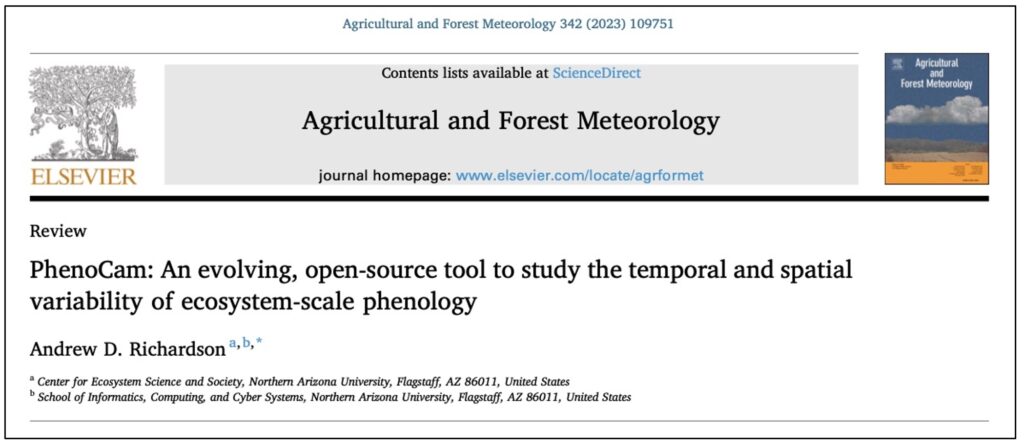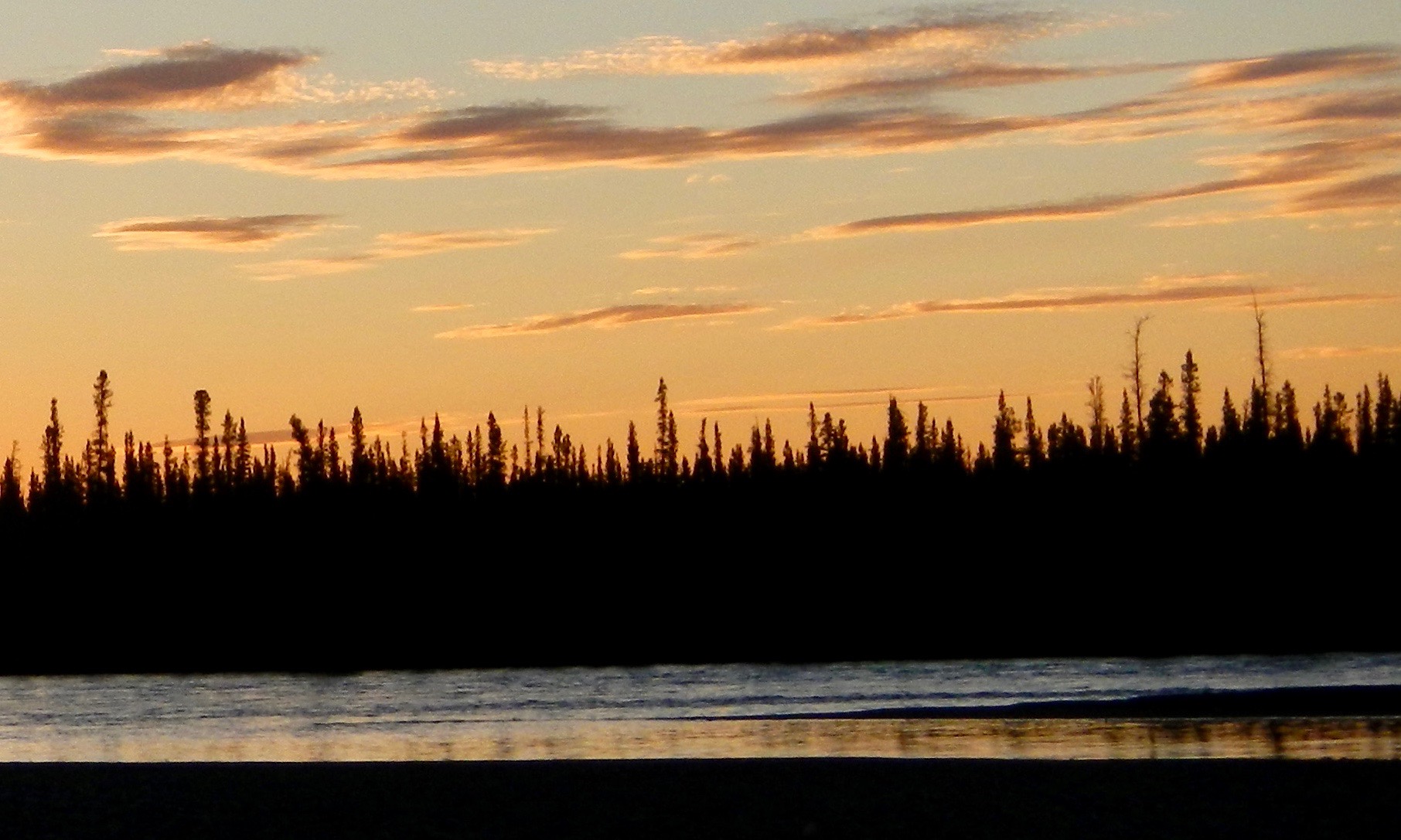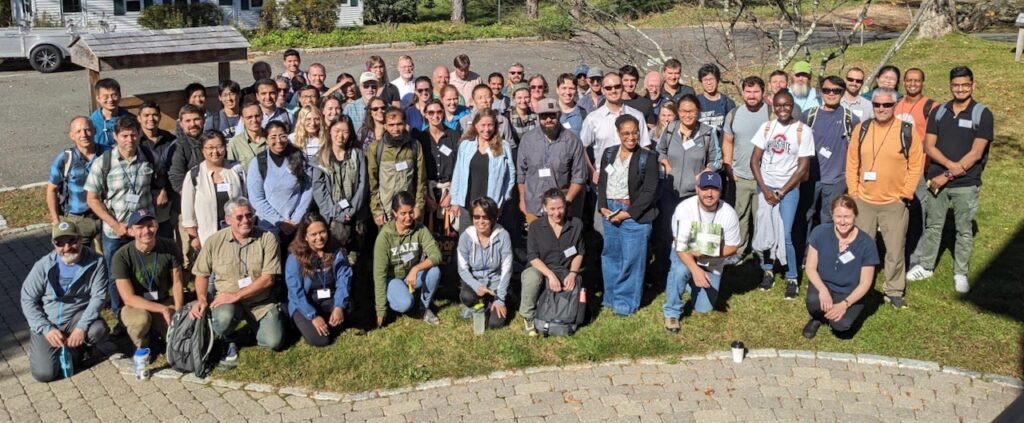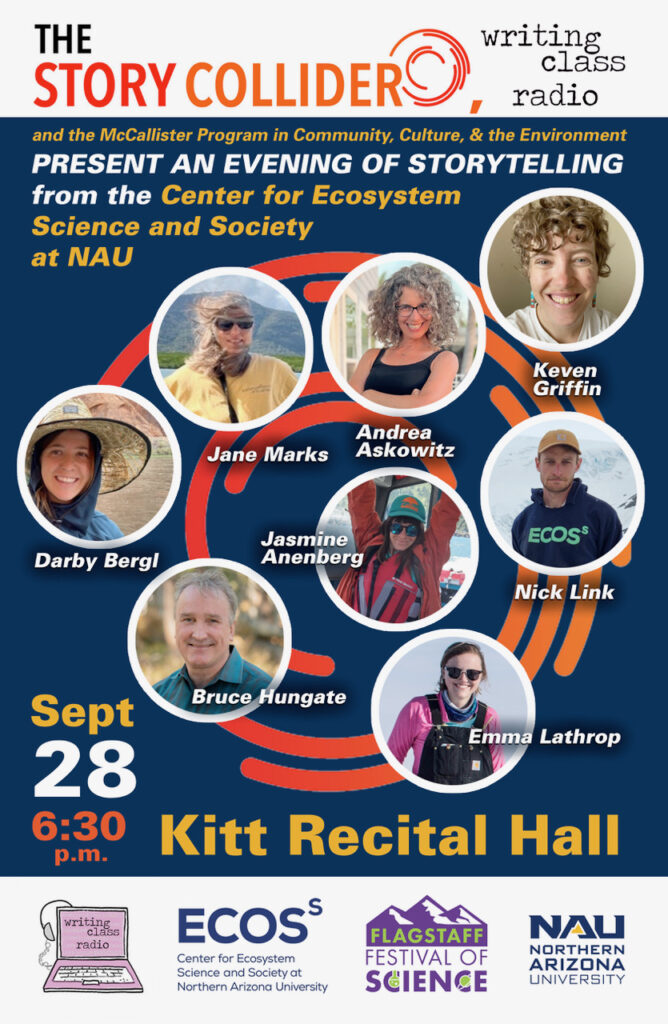Andrew’s review paper, “PhenoCam: An evolving, open-source tool to study the temporal and spatial variability of ecosystem-scale phenology,” which was solicited for the 60th anniversary Special Issue of Agricultural and Forest Meteorology, has now been published online. The review describes (1) the changing phenological research landscape, as represented by phenology-themed papers in AFM, over the last 60 y; (2) the contributions of phenocams and the PhenoCam Network, as reported in the pages of AFM, to the study of phenology; and (3) the lessons we learned from developing this grassroots effort. It also tells the story of the development and evolution of PhenoCam Network, and the fortuitious discoveries that led to PhenoCam. Thanks to AFM editors, Claudia Wagner-Riddle and Timothy Griffis, for the invitation to write this review!
